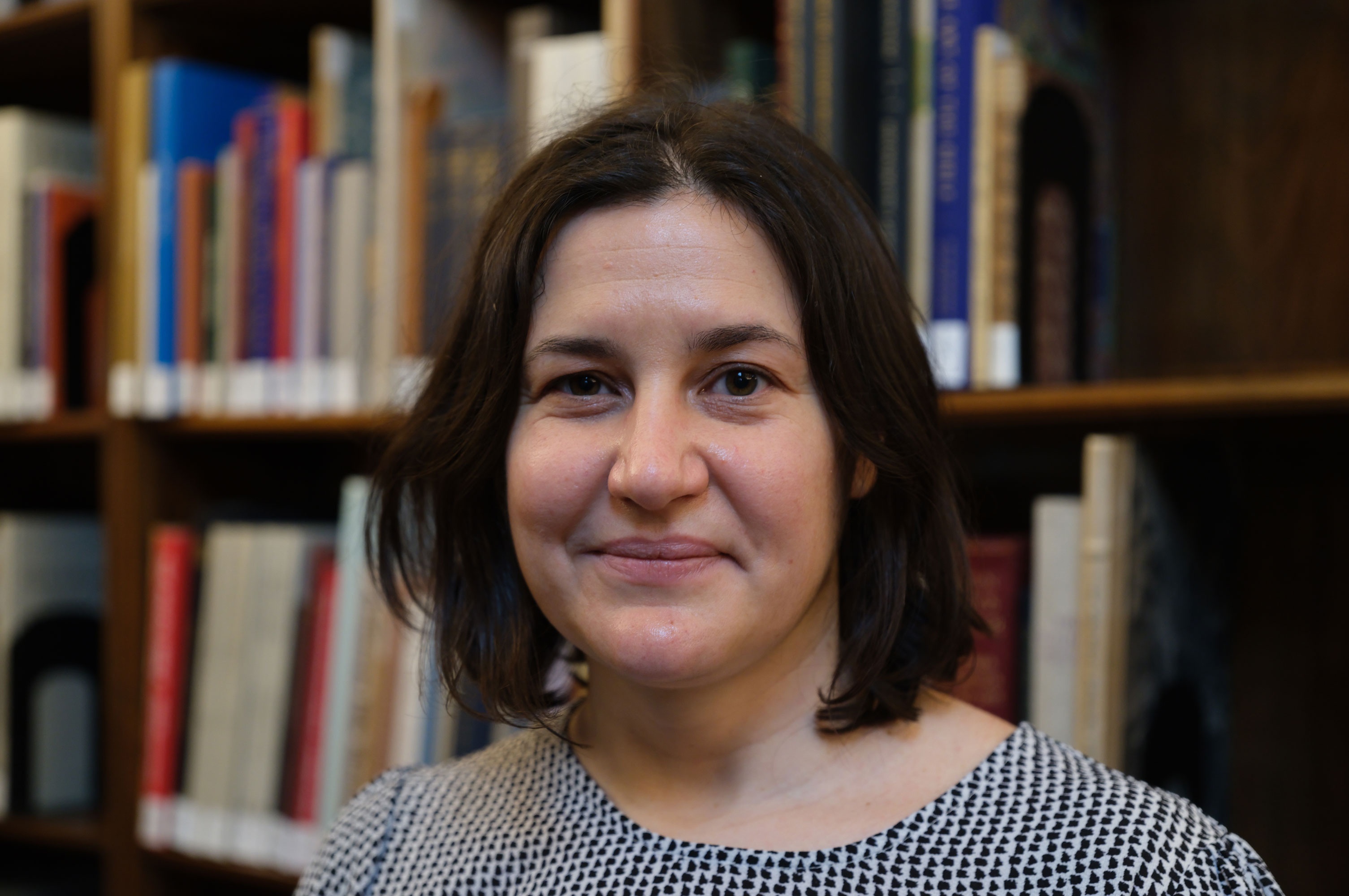Lori De Lucia

Biography
Lori De Lucia specializes in the history of slavery in the early modern Mediterranean, with a focus on networks connecting southern Italy and the Central Sahel. De Lucia received her doctorate in History from UCLA. Her research on the history of enslaved Africans from Borno living in sixteenth-century Palermo repositions trans-Saharan and Mediterranean worlds in conversations of race developing across the early Atlantic. Her work also encourages a methodological shift that creates a broader transnational archival landscape for early modern histories of the Mediterranean, one in which Sicilian archives inform Sahelian histories and vice versa. She is passionate about the support of African scholars and African language archives in the (re)writing of these histories. De Lucia has served as a Hausa language consultant for the NEH ʿAjamī manuscripts project at the Boston University African Studies Center and a Heinz Heinen Fellow at the Bonn Center for Slavery and Dependency Studies. Her most recent publication, "The Exceptional History of a Black Saint in Sixteenth Century Palermo and Why It Matters," was featured in edition 132 of Transition Magazine (2021).
Project Summary
The project Black Mediterranean / Mediterraneo Nero – Artistic Encounters and Counter-narratives / Incontri artistici e contronarrazioni seeks to call the field’s attention to the role played by the African continent in shaping Mediterranean aesthetics during the early modern period. It offers a unique opportunity to revisit concepts of the relationship between the African continent and the Mediterranean and broaden the perspective. As the project advances, it will build a network among regions and scholars and foster cooperation and exchange among art historians and cultural historians. A joint initiative with Avinoam Shalem (Columbia University) and generously sponsored by the Getty Foundation as part of their Connecting Art Histories initiative, this multi-year project consists of Fellowships, Visiting Professorships, Exploratory Seminars, Workshops, and Masterclasses. Mediterraneo Nero aims to establish cooperation with young and promising scholars from Africa and encourage productive relationships with existing African institutions of art and material history.
